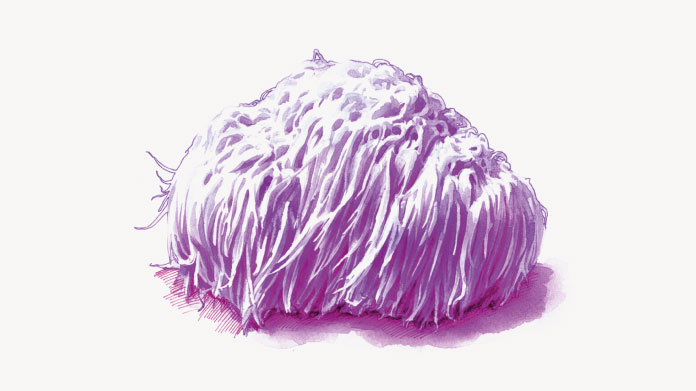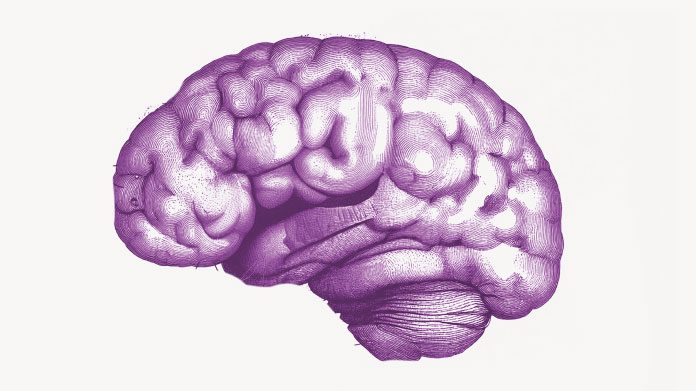Five tips for preserving your memory
Scientific studies all confirm that cerebral decline should not be seen as inevitable! There are things you can do to protect, boost and stimulate your cognitive function. Here are five tips to help you preserve your memory.

Stimulate your memory by all possible means
Cognitive decline is a reality but not an inevitability. It can be delayed, and even reversed, by focusing on neuron plasticity. This is the ability of nerve tissue to rebuild and remodel itself over time. In other words, connections between brain cells can be stimulated, and even regenerated.
Here are some ways of stimulating and preserving your memory:
- Mentally summarise your day;
- Recall the week’s high points;
- Share memories with your loved ones;
- Do crosswords;
- Play word games;
- Learn the words to a song;
- Memorise a poem;
- Take part in drama;
- Etc.
There are also products that can help stimulate cognitive ability.
Exercise daily
The benefits of physical activity are many: it has been comprehensively shown to help combat cognitive decline. Engaging in daily exercise stimulates oxygenation of brain cells. Many forms of physical activity exercise the memory.
Take dancing, for example. It requires you to memorise then reproduce the movements and the sequence in which they happen. It’s the same for yoga, Pilates, gymnastics and water aerobics. And don’t forget that physical activity is not just about sport. Gardening is an excellent example of how physical activity can mobilise the memory. Combining physical and mental activity is without doubt one of the best ways of preserving memory.
Pay attention to your diet to preserve your memory
The brain is a complex organ that uses huge amounts of energy: it requires, on average, 10 times as much energy as the body’s other organs. In itself, the brain monopolises up to 40% of the body’s carbohydrate intake. We are often advised to prioritise dietary carbohydrates with a low glycaemic index (GI) (pulses, wholegrains …) which gradually release glucose into the blood.
The brain also needs fats, particularly omega-3 fatty acids. These are components of brain cell membranes. A lack of omega-3 has been shown to have an effect on brain function and to promote cognitive disorders. A good intake of docosahexaenoic acid (DHA) is especially important for the brain as research shows it contributes to normal cerebral function and preservation of memory.
Ensure an adequate intake of choline to keep your brain activity in top form
Choline is a molecule that’s frequently overlooked. Often referred to as vitamin B4, it’s essential for maintaining good cerebral function. It is in fact required for synthesising acetylcholine, a neurotransmitter involved in learning and memory. Choline is found in certain foods such as eggs, and there are also dietary supplements available such as Choline Complex, a product that offers three bioavailable forms of the nutrient.
Safeguard your memory by neutralising free radicals
Free radicals are among the body’s key enemies. Accumulation of these oxidative elements causes significant cell damage, and brain cells are no exception. This is why we’re often advised to make use of the protective power of antioxidants, particularly curcumin in turmeric, anthocyanins in berries, epigallocatechin gallate in green tea and the famous resveratrol in grapes. These valuable antioxidants combat free radical attack and constitute natural allies for the brain.
Keywords
2 Days
very good expereince
very good expereince
Jelena Đaković
2 Days
Very good products.
Very good products.
Agnes BENDSAK
4 Days
Just OK
Just OK, ordering from company for many years and being safisfied
Lynn Mae
5 Days
Recomendo
Produtos encomendados são recebidos atempadamente e de acordo com o anunciado! Muito satisfeita!
Carla Sofia
5 Days
Everything is great!
Everything is great!
Jonas
10 Days
The delivery was fast and the product…
The delivery was fast and the product is great
SOMMARIVA Gianni
11 Days
Great service and lots of information
Great service and lots of information
Gabi
14 Days
Service Satisfaction
I’m satisfied with the service; it fulfilled what it set out to do.
Anfhony Abreu
17 Days
Original product and fast delivery
Original product and fast delivery. I haven't started it yet, but will do soon.
Vincenza Catania
20 Days
Good quality
Good quality. Good service.
Leonel Guzman
22 Days
Top!!!!!!!!
Top!!!!!!!!
Michael
24 Days
Excellent!
Products are great and delivered fast!
PARDINI Debora
25 Days
From order to receive the product
From order to receive the product, the process is smooth & fast. It’s good to customers.
WONG Mei Ling
26 Days
Fast delivery
very quick delivery to italy. product is good.
Customer
27 Days
Prompt delivry !!👍
Prompt delivry !!👍
SWEET Christine
of experience
your money back
##montant## purchase




